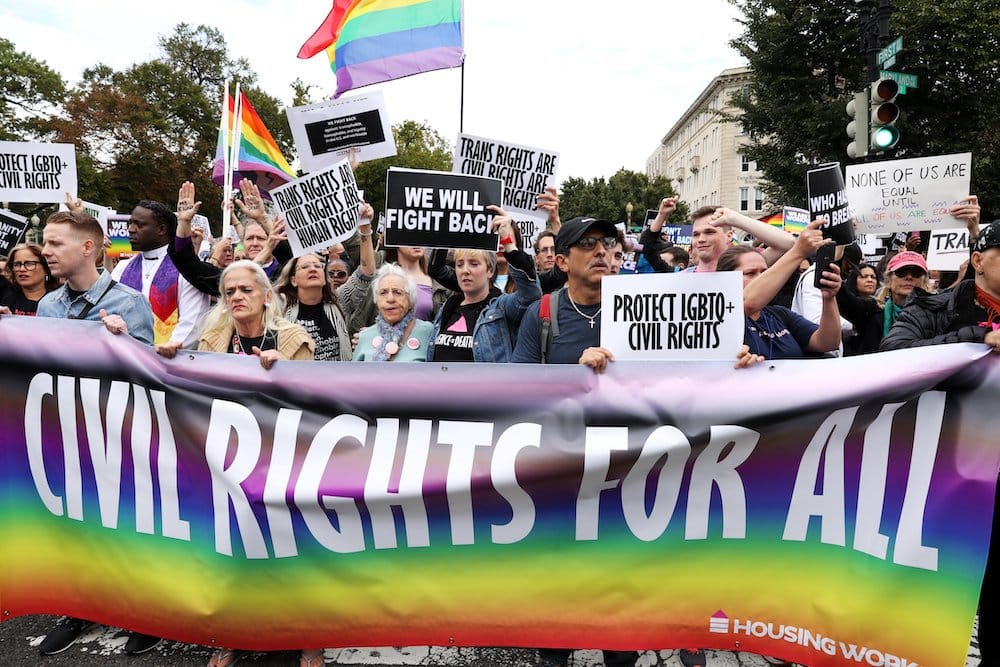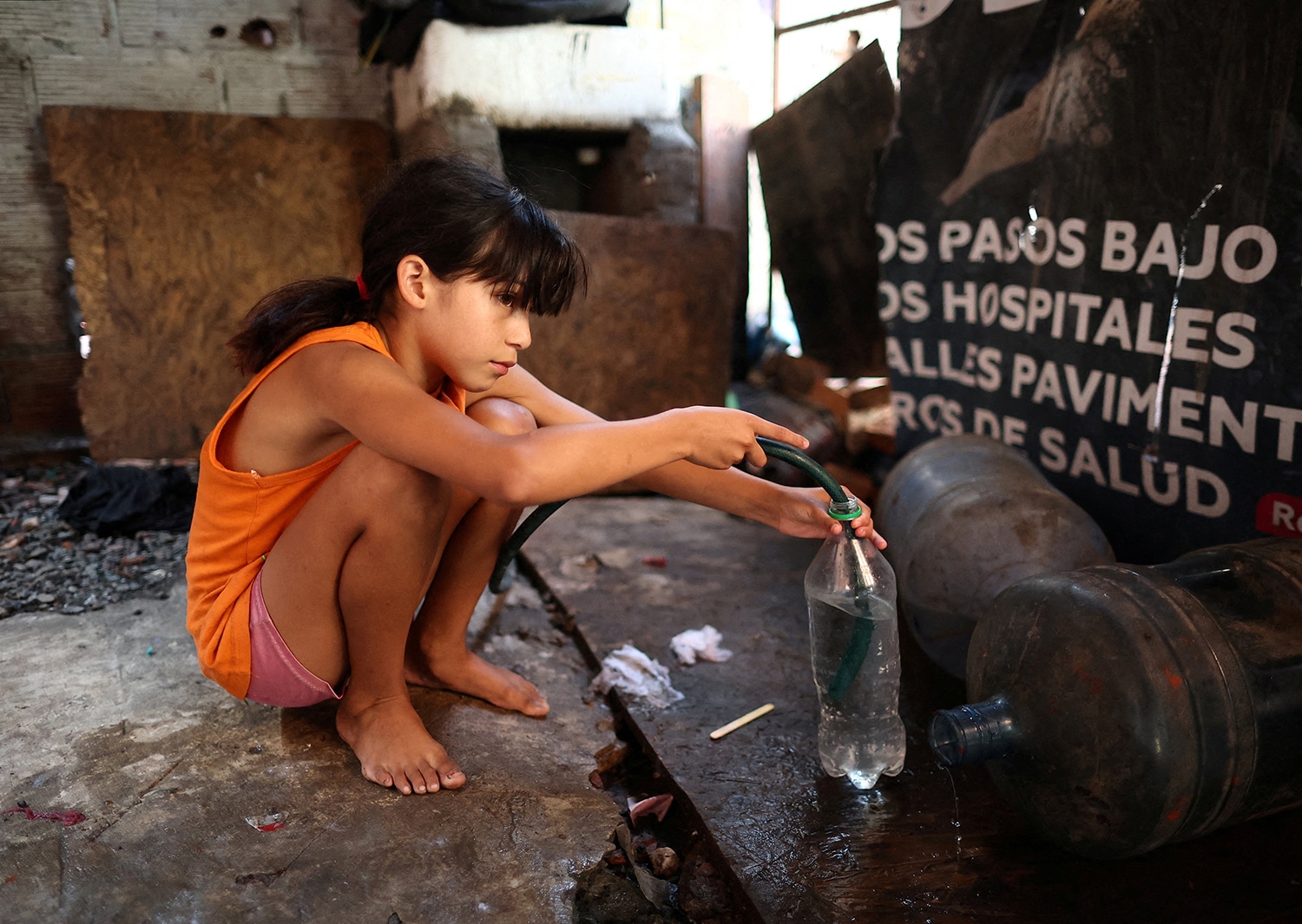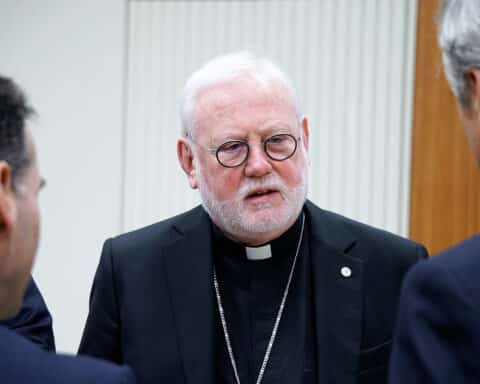The highly anticipated Vatican document Dignitas Infinita (“Infinite Dignity”) was released April 8, to wide acclaim and criticism alike. In a world where fundamental ideas about the human person are being challenged by technological advances and social transformation, the document boldly asserts the Church’s unwavering commitment to the sanctity of human dignity.
Dignitas Infinita addresses contemporary moral issues, including poverty, abortion and gender theory, with a compassionate yet unyielding voice. The declaration unequivocally states that human dignity, rooted in our very being because we are loved by God from the moment of conception, cannot be diminished by any human intervention.
Dignitas Infinita addresses moral issues
In an age often characterized by confusion and relativism, Dignitas Infinita stands as a testament to the timeless truths of the Catholic faith. It reaffirms the Church’s commitment to the sanctity of life, the beauty of creation and the unchangeable nature of human dignity. As sons and daughters of the Church and members of the broader human community, we are called to bear witness to the dignity of every person.
By distinguishing between ontological dignity and the various expressions of dignity that can be compromised by sin or circumstance, Dignitas Infinita invites us to a deeper reflection on what it means to be human.
The document’s emphasis on ontological dignity as the foundation for human rights is a clarion call to resist the erosion of moral sensibilities in society. By distinguishing between ontological dignity and the various expressions of dignity that can be compromised by sin or circumstance, Dignitas Infinita invites us to a deeper reflection on what it means to be human. It challenges us to live up to our dignity, to respect it in others and to see in every person the image of God.
Critique of gender theory
The document is particularly noteworthy for its engagement with current gender theories. It offers a profound critique of such theories based on the Church’s teaching on the intrinsic dignity and givenness of the male and female body. Medical intervention to change one’s sex denies the unique dignity bestowed on each person at conception.
Dignitas Infinita challenges the subjectivist underpinnings of gender theory, reaffirming that human dignity is not a product of individual desire or social acknowledgment but is anchored in our shared human nature. The document is thus not only a defense of truth but also an invitation to recognize the beauty and order within creation as a gift from God, to be received with gratitude rather than reshaped by our fallible human will.
Not everyone received this teaching — which has been one of the central themes of Pope Francis’ pontificate — warmly. One person told the Associated Press, “Transgender persons are being condemned for who we are, and more importantly we become subject to potential harm.” Similarly, New Ways Ministry, a Catholic LGBTQ+ advocacy group, wrote in a statement that the document “fails terribly by offering transgender and nonbinary people not infinite, but limited human dignity.”

Dignitas Infinita is the second significant doctrinal statement from the Vatican addressing transgenderism, the first having been issued by the then Congregation for Catholic Education in 2019. And while Pope Francis has routinely denounced gender theory, having called it, for example, one of the “most dangerous ideological colonizations,” the mixed reception of Dignitas Infinita reveals the substantial work to be done by the Church and even in the Church in teaching, catechesis and evangelization.
Global conversation for the Church
This is perhaps the greatest value of Dignitas Infinita: It has launched a global conversation for the Church. By asserting the fundamental principle of human dignity it has suggested the way forward in the concrete application of this principle.
The work begun by Dignitas Infinita should be expanded by national bishops’ conferences in ways that address the concrete circumstances in their countries. This is especially urgent here in the United States, where gender ideology has spread so quickly through our culture. According to one study, the gender reassignment surgery market in the U.S. reached $2.1 billion in 2022 and is anticipated to grow at a compound rate of 11.25% annually from 2023 to 2030. Clear guidance from the Church is needed if families are to resist advertisers who view kids’ bodies as a growth market.
Parish priests should not hesitate to preach about this document from their pulpits. Excerpts should be included in bulletins and Catholic newspapers. Our bishops should expound on it, teach it and develop programs that could be launched at the diocesan and national level. And Catholics in the pews should read and embrace it.
Explaining and clarifying the truths of the Faith and the implications of those truths for a proper understanding of the human person is difficult and necessary work. It must be done with charity. But now the Dicastery for the Doctrine of the Faith has invited the conversation. The Vatican’s declaration is the first step toward a more dignified and just world. It is a reminder that, in the face of changing cultural tides, the Church remains anchored in the truth of the Gospel, calling each of us to a deeper love of every human being, founded in a recognition of his or her inherent dignity.





